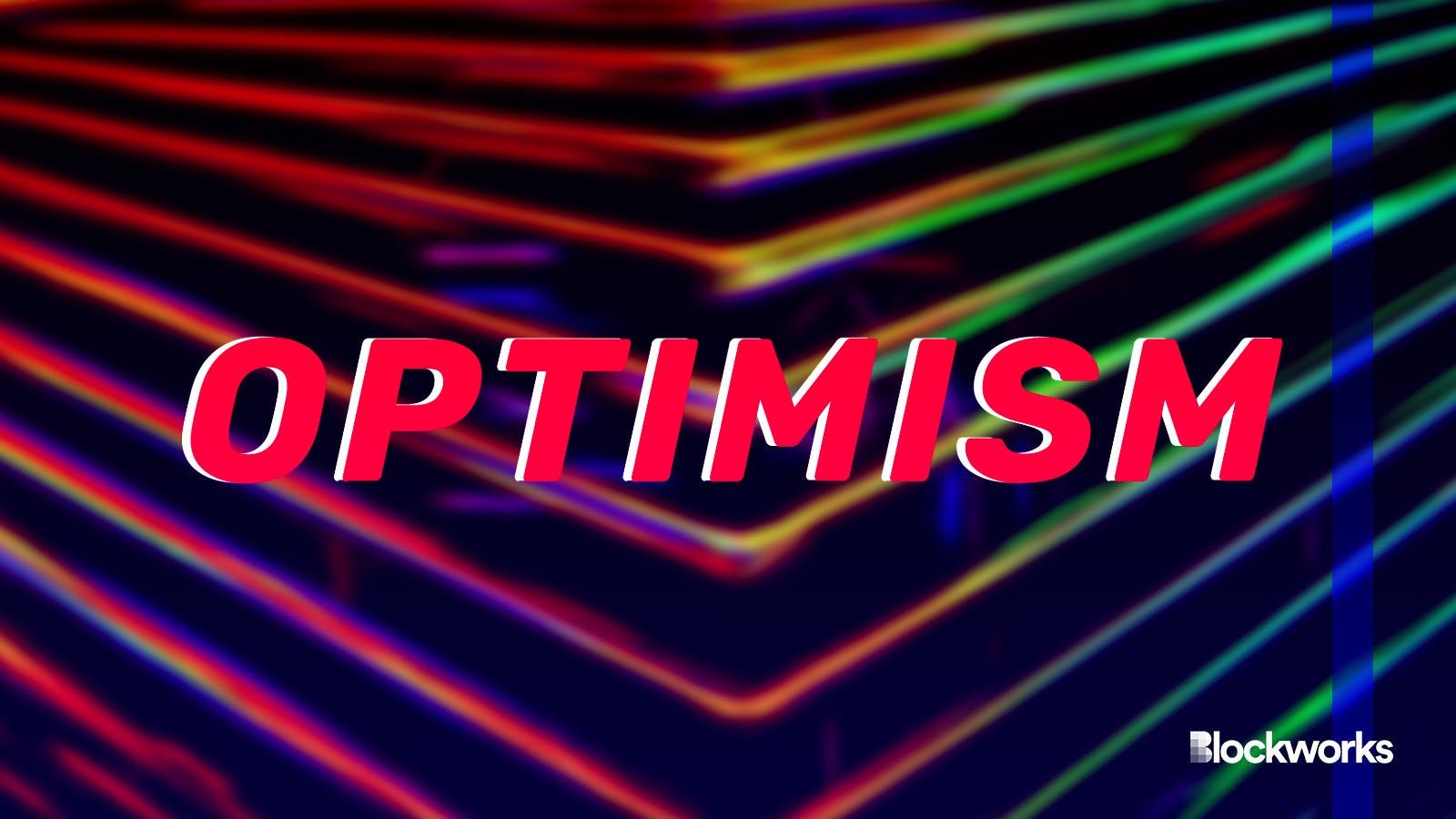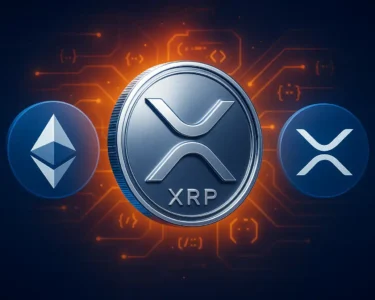A Flipside Crypto report shows that over 637 million Ethereum Virtual Machine (EVM) smart contracts have been deployed across seven layer-2 blockchains since January 2022.
EVM-compatible smart contracts refer to software that the computing state of the Ethereum blockchain can understand.
With scaling solutions becoming more efficient and accessible, fewer EVM contracts are directly deployed on the Ethereum blockchain. With the Dencun update around the corner — which will introduce blob transactions and other infrastructure upgrades — this trend is likely to accelerate.
“With layer-2s able to only publish critical data to ETH layer-1, the costs for interacting with layer-2s should significantly decrease. This enables much more creativity in protocol development, a much easier experience for users to have complex transactions abstracted away from them and ultimately lowers the costs for layer-2s to interoperate with each other,” Carlos Mercado, a data scientist at Flipside Crypto told Blockworks.
Read more: Ethereum devs debate future of account abstraction
Leading this movement today is Optimism, an Ethereum optimistic rollup layer-2, which currently stands out as the most popular blockchain for deployments, accounting for over two-thirds (~70%) of the total EVM smart contract deployments so far this year. According to Flipside Crypto, the chain has seen over 28.8 million EVM deployments since Jan.1.
However, for non-EVM smart contracts, Polygon and BNB smart chains (BSC) remain the most popular deployment chains. On Sept. 6 of last year, BSC saw 5.3 million contracts deployed, the most deployments seen on a chain ever, though this number quickly trailed off around Sept. 13.
DeFi contracts on the rise
DeFi smart contracts have been the most popular for developers across all chains this year, accounting for roughly 34.7% of all deployments that can be “categorized.” This number is roughly 11.2% higher than in 2022 and 2023.
By contracts, NFT smart contracts, which drove the bull market between 2021 and 2022, have become less popular over time. Deployments decreased from 18.6% to 8.2% in the same period.
Read more: Stellar sparks smart contract upgrade — and it’s not an EVM
Mercado notes that this can be interpreted as both positive and negative.
“The positive argument is that the space is finding product market fit, there’s more tokens than ever and new primitives that enable lending, borrowing, options, perpetuals, oracles for more assets than ever,” Mercado said.
He adds, “the somewhat negative argument is that given more money [is] flowing to more blockspace, fragmentation of liquidity is forcing more (arguably unproductive) activity: bridging and swapping for arbitrage as opposed to individuals’ specific desire to be on a chain or have a token.”
Mercado acknowledges both sides of the argument but notes his bias towards the space evolving faster than it is fragmenting.
Read more: zkLink’s Nexus wants to solve liquidity fragmentation between ZK ecosystems
“Other” smart contracts
Uncategorized smart contracts, or those classified as “other” by Flipside Crypto, are by far the most commonly deployed smart contracts. They make up 93.8% of all smart contracts deployed across the observed chains.
This number is significantly higher than it was in 2022, where these smart contracts made up an estimated 37% of deployed contracts. It’s also a little higher than in 2023, where these smart contracts made up around 86% of all deployments.
“While it is difficult to draw clear conclusions from this wide-ranging category, this figure, coupled with the growing proportion of dapps across all chains, suggests more experimentation and diversification at the protocol level,” Flipside Crypto wrote.
Don’t miss the next big story – join our free daily newsletter.




